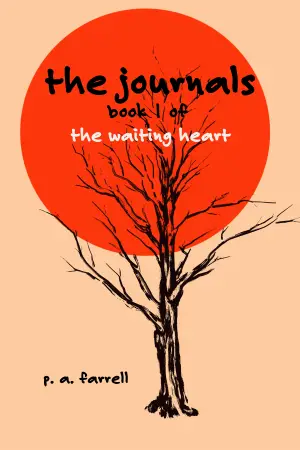Finding Redemption in the Threads of Memory: A Reflection on Claire Adam’s Love Forms
When I stumbled upon Claire Adam’s Love Forms, I was immediately drawn in by its evocative premise—a story that delves into the haunting bonds between a mother and her child, one that might evoke both familiarity and piercing sadness. As someone who has often mused over the intricacies of familial relationships, I knew this was a novel I needed to explore. Following the stunning debut of Golden Child, which earned her the Desmond Elliott Prize, Adam returns with an equally poignant exploration of love, loss, and the long shadows cast by choices made in youth.
At the heart of Love Forms is Dawn Bishop, a fifty-eight-year-old woman whose life seems meticulously crafted yet is riddled with the secrets of her past. Living alone in London after a significant divorce, Dawn must confront the profound silence surrounding her decision made at sixteen—a decision that reverberates through decades of her life. Adam’s ability to weave together the past and present allows readers to walk alongside Dawn as she revisits her memories, particularly the harrowing moment in the 1980s that led her to give up her daughter for adoption.
What struck me most was how seamlessly Adam navigates between Dawn’s present-day struggles and the vivid recollections of her Trinidadian upbringing during an era of economic boom. The author’s Trinidadian heritage lends a rich authenticity to the narrative, making the environment feel palpably alive. One of my favorite passages occurs when Dawn returns to Venezuela, reliving the emotions of her teenage self amidst both fear and nostalgia. In these moments, Adam’s prose shifts to a present tense that magnifies the rawness of Dawn’s journey, making it impossible not to feel her turmoil and gradual revelations.
The novel doesn’t shy away from the intricate layers of family dynamics and the cultural pressures that shape Dawn’s choices. Her brother Warren emerges as a compelling character, grappling with the economic realities of their homeland while maintaining a surprising tenderness towards Dawn. Adam’s exploration of how the oil crash impacted their family adds depth, illustrating how personal narratives are often enmeshed within broader historical contexts.
One aspect that resonated with me was the poignant portrayal of maternal longing. Adam masterfully captures the nuanced grief that comes from chronic absence, displaying its influence not just on Dawn’s life decisions but also on her relationship with her sons. The absence of her lost daughter casts a shadow over every intimate moment, reminding us that love can take many forms, often marked by a complex intertwining of pain and hope.
However, not everything flowed seamlessly. At times, the pacing felt uneven, particularly during sections centered around Dawn’s life in London. I found myself longing for the urgency found in her memories of Venezuela and Trinidad, where the emotional stakes felt higher. Furthermore, some revelations regarding family ties felt a touch rushed, leaving me with a sense of curiosity about their full impact that wasn’t entirely satisfied.
Ultimately, Love Forms resonates deeply with readers interested in themes of motherhood, agency, and redemption. It offers a keen reflection on the choices we make in our youth and how they ripple through the fabric of our lives. Adam’s work stands as a testament to the enduring complexity of family, love, and the possibility of healing, making this novel a significant contribution to contemporary Caribbean literature and women’s fiction.
For anyone who has ever grappled with the weight of their past or sought to understand the intricacies of familial bonds, Love Forms provides a heart-wrenching, yet beautifully hopeful reading experience. Adam’s narrative lingers in the mind long after the last page is turned, inviting us to reflect on our own love stories and the myriad ways they unfold.






